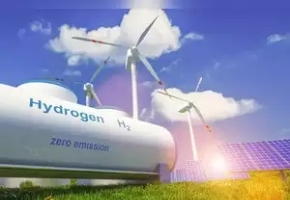Toshiba solar panels add 35 km daily run to electric vehicles

Developed by Toshiba the new technology promises “free” to add up to 35 km of daily mileage to electric vehicles, to produce electric vehicles without the need to connect to the power grid to charge batteries. This is due to the increase in the efficiency of solar panels and, most importantly, without a significant increase in the cost of photo panels.
The company intends to achieve the stated goals by producing tandem (composite) solar cells, the upper transparent layer of which is made using inexpensive copper oxide (Cu2O), and the lower one is made of ordinary silicon.
In the future, a composite photocell using the company’s technology can show up to 40% efficiency. And this is taking into account the fact that it does not need expensive chemical elements of III-V groups of the periodic table, including gallium arsenide. It will be much cheaper to use copper.
Introduced in 2019, Toshiba’s tandem solar cell boasted an efficiency of 23.8%, while the typical efficiency of conventional silicon solar cells was 22%. Further improvement of the technology for manufacturing a transparent layer made it possible to raise its efficiency to 8.4%, and the overall efficiency in tandem with silicon – to 27.4%.
For comparison: the most efficient single silicon solar cell to date shows an efficiency of 26.7%, which is significantly lower than Toshiba’s tandem photocell.
The company will continue to improve its’ technology of applying a transparent top layer to silicon, so that each of the layers effectively absorbs its own wavelength, while the top layer remains as transparent as possible. The goal of the developers is to achieve the efficiency of the transparent layer at the level of 10% while maintaining 80% transparency, and then electric transport will receive help in the form of hinged panels and will be less dependent on the charge in the batteries.
Source: Toshiba
Image: elektrovesti.net







